Fantasporto Presents Eclectic Lineup Ranging From Denys Arcand’s Satire ‘Testament’ to Wuershan’s Fantasy Epic ‘Creation of Gods’
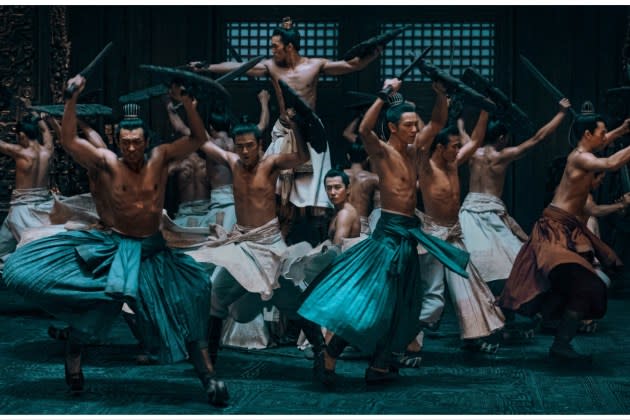
Canadian filmmaker Denys Arcand’s satire “Testament” will open the 44th edition of Fantasporto, which runs March 1-10 in Portugal’s second city, Porto. Chinese fantasy epic “Creation of Gods I: Kingdom of Storms,” directed by Wuershan, closes the eclectic event.
The festival, which was named by MovieMaker magazine this year as one of the “25 coolest festivals in the world,” is headed by film critics Beatriz Pacheco Pereira and Mário Dorminsky. Around 600 feature films were submitted this year and 1,200 shorts.
More from Variety
China Box Office: 'Barbie' Opens in Fifth Place With $8 Million
Tan Chui Mui's 'All About Yuyu' Scores at Shanghai Project Market
Pacheco Pereira says they select films that have a “special touch but still a universal language.” Dorminsky adds: “We try to discover new directors.” These directors – having established a relationship with the festival – often return with their subsequent films, he says.
“Testament” epitomizes one trend that Pacheco Pereira identifies, which is “old people asking: ‘Where is the world going?'” She adds: “‘Testament’ is a wonderful film in which an old man loses his interest in life and then recovers it,” she says. It shows how this old man is confronted by technological and societal change. “It represents what Fantasporto is all about, which is good cinema.” Arcand’s “The Barbarian Invasions” won the Oscar for best foreign-language film.
“Creation of Gods I: Kingdom of Storms,” which features a number of mythical wars between humans, immortals and monsters, won the Golden Rooster for best film this year.
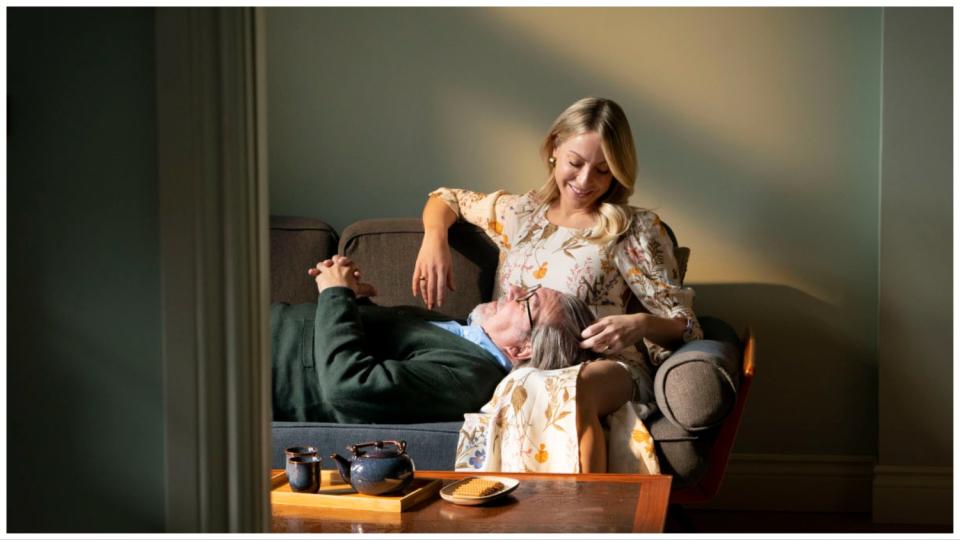
After Portugal, the country with the most films in the festival is Japan, with 11 productions. Among the standouts is supernatural thriller-horror “The Forbidden Play,” directed by Hideo Nakata, best known for horror film “Ring.” The film centers on video director Hiroko Kurasawa, who goes to the home of her former colleague Naoto Ihara, and sees his son Haruto reciting a strange spell toward a mound of soil in their yard. He has buried his dead mother’s finger in the ground and is attempting to resurrect her. Bizarre phenomena begin occurring around Hiroko, and what began as a child’s innocent wish becomes evil unleashed.
Pacheco Pereira also recommends another Japanese film, “Shadow of Fire,” directed by Shinya Tsukamoto. The film, which premiered at Venice in the Horizons section, looks at the desperate lives of Japanese citizens in the immediate post-World War II period, and asks what kind of a world we are bringing our children into.
Pacheco Pereira adds that many Japanese films deal with contemporary themes, such as Tsutomu Hanabusa’s “Tokyo Revengers,” which is in two parts. “The Japanese are trying to build an urban cinematography,” she says. “There are a lot of films about street violence and about how the gangster world – the yakuza world – comes in contact with normal society.”
A sub-section of the festival is devoted to Japanese films that are adaptations of manga book series, such as “Baian the Assassin, MD,” parts one and two, which feature an acupuncturist who uses his skills with the needle to deliver justice. “The Japanese want to present manga to the world as a genre that drinks in the zeitgeist of the time,” she says.
China has a strong presence in the lineup, with four films. As well as “Creation of Gods I: Kingdom of Storms,” Pacheco Pereira highlights big budget film “Lost in the Stars,” directed by Cui Rui and Liu Xiang. “China is trying to build its myths and heroes in the Western way,” she says. “Whereas films from China used to be quite heavy, now they have a narrative line that we can understand.”
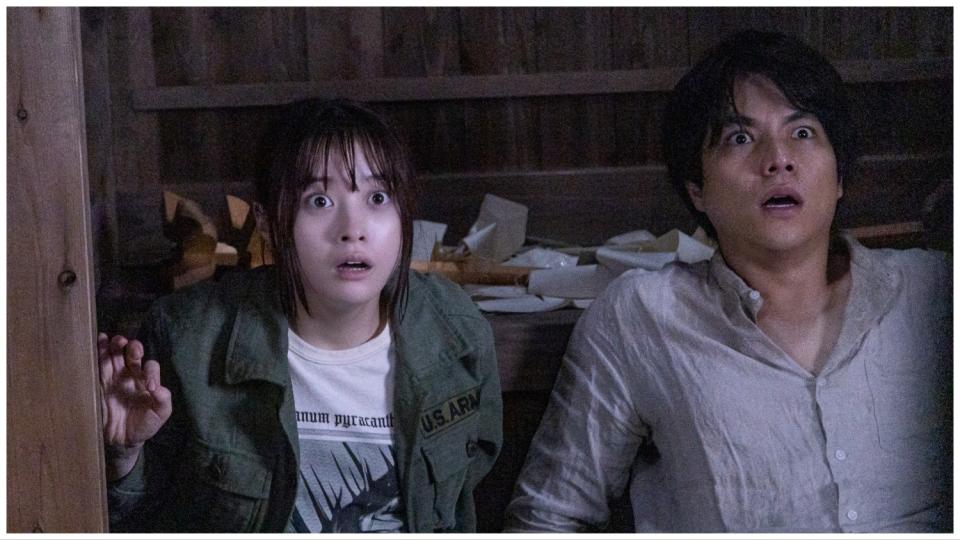
Looking at films from other parts of the world, she singles out Indian fantasy-drama “Invisible Windows,” directed by Dr. Biju. Set in a dystopian society, it follows an anti-war activist who starts to communicate with the dead. Pacheco Pereira describes it as “very unexpected and very moving.”
Another standout in the lineup is David Duchovny’s drama-comedy “Bucky F*cking Dent.” Duchovny stars alongside Logan Marshall-Green in a two-hander about a misanthropic man dying of cancer and his sappy son, who craves love from his dad. Pacheco Pereira describes Duchovny’s performance as “wonderful.” Another film in the selection that deals with the role of fathers is Brazilian filmmaker Guto Parente’s “A Strange Path.”
Several films look at the lives of families, such as the South Korean film “A Normal Family,” directed by Jin-Ho Hur. “The film makes us think about family. Should we respect morality and harm our family? Should we do the right thing?” Pacheco Pereira asks.
Pacheco Pereira says that many of the films in the post-pandemic era, a time of war and climate change, show that “the home is no longer a safe place. Your city is likely to be destroyed at any time. So, through the films we are showing our fear for the future. They show the fragility of life.”
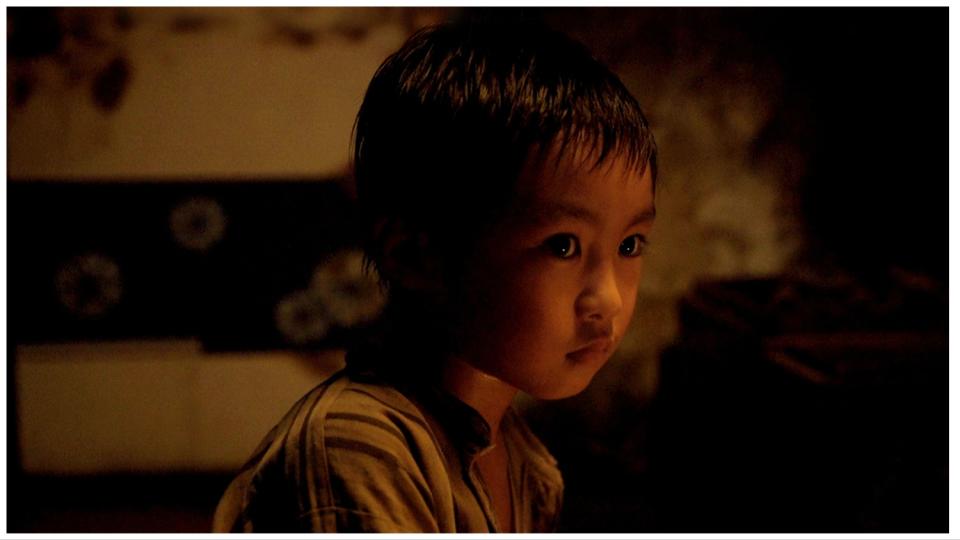
There are also love stories, such as Ate de Jong’s “Heart Strings,” in which the worlds of reality TV and country music intersect. The film, which in a way is an homage to Americana, is having its world premiere at the festival. Its producer Steven Gaydos, who is Variety‘s executive vice president, global content, will be giving a talk titled “American Indie Cinema: Then and Now,” which is linked to the 50th anniversary of Monte Hellman’s “Cockfighter.”
The festival will also include a tribute to Belgian filmmaker Karim Ouelhaj, with screenings of five films including “Megalomaniac,” which won best film at Fantasia Film Festival and Fantasporto.
Another section is devoted to films from Kazakhstan, such as Adilkhan Yerzhanov’s “Goliath,” which played in Venice’s Horizons section last year.
Finally, there is a section devoted to Hungarian cinema, with such films as Lajos Koltai’s “Semmelweiss” and Barnabás Toth’s “Mastergame.”
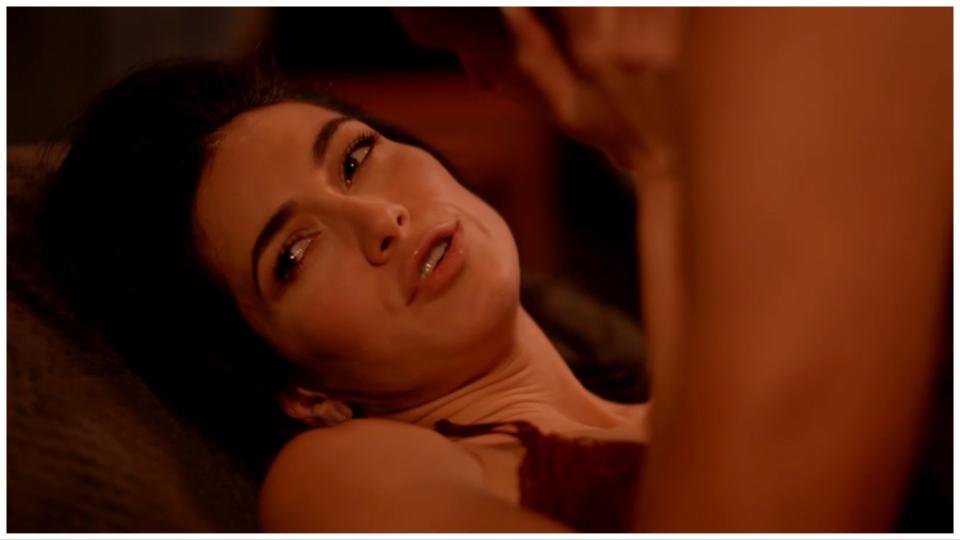
Best of Variety
Sign up for Variety’s Newsletter. For the latest news, follow us on Facebook, Twitter, and Instagram.

